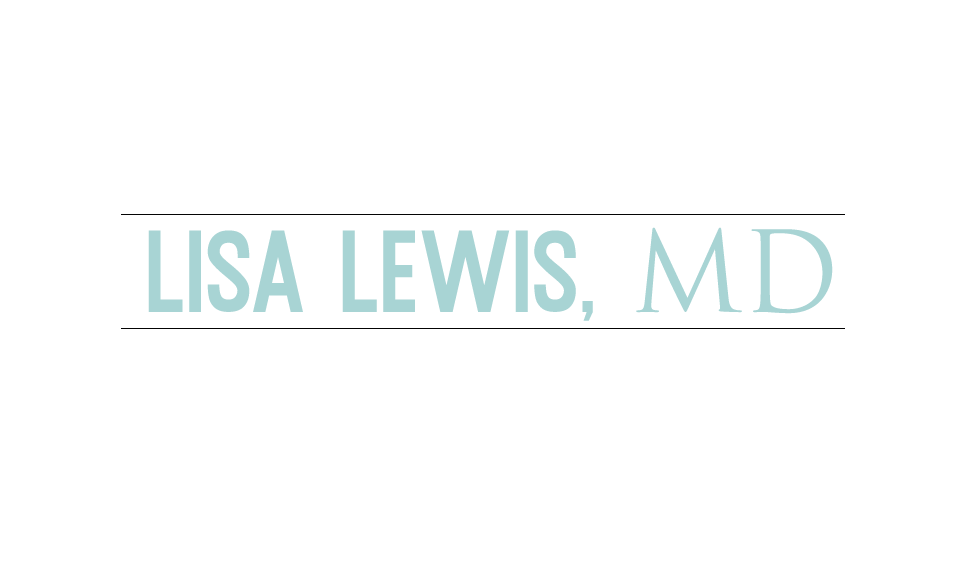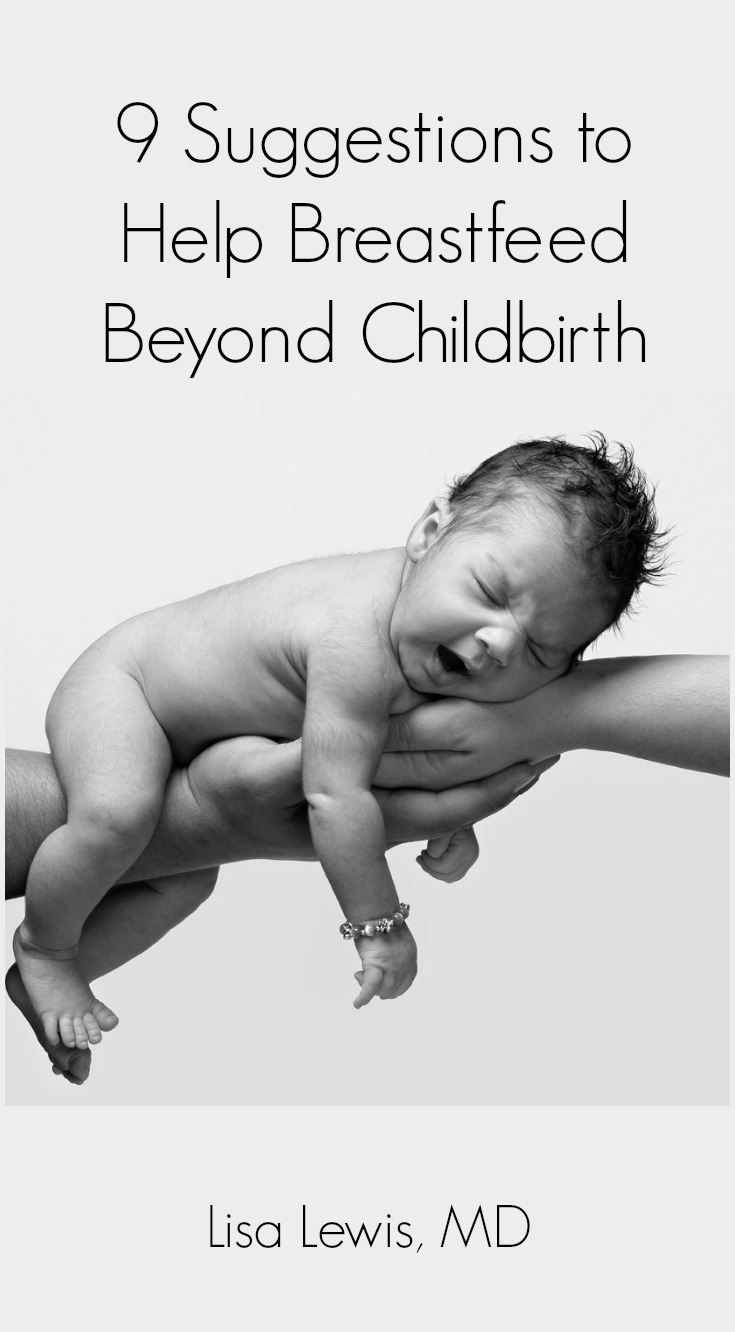9 Suggestions to Help Breastfeed Beyond Childbirth
Breastfeeding is definitely on the rise in the United States, but not for long periods of time after birth. The Centers for Disease Control and Prevention reported that in 2013, more than 80% of mothers began breastfeeding their newborn babies. Fast forward to age 6 months, and 62% were breastfeeding. At age 1 year, 30% of moms continued to breastfeed.
Breastfeeding is healthy for babies, free, and usually a fairly easy process (ok, once you and your baby get the hang of it). So why aren’t mothers breastfeeding for longer periods? There are several reasons; one of the most common is job demands and lack of family support.
Want to breastfeed longer and avoid obstacles along the way? Here’s how you can breastfeed as long as you’d like.
Ensure you have a feeding and pumping plan in place. One problem with prolonged breastfeeding is the lack of a plan for life’s circumstances. For example, if you are breastfeeding and you have to leave town for a family emergency, does your baby come with you? If not, ensure your pump goes with you or you are at risk of reduced or cessation of your milk supply.
Is your job ‘pumping friendly’? If you are working while your baby is breastfeeding and your baby’s caretaker is giving pumped milk in your absence, make sure you have a quiet, relaxing place to pump at work.
Know what you plan to do if your baby becomes hungry in a public place. American mothers breastfeeding in public, although legal in most states, remains taboo. Many countries in Europe and all over the world have laws to protect women who want to breastfeed in public. I don’t look for the attitudes toward breastfeeding in public to change overnight, but it would be helpful for mothers to be able to feed in public with no judgment.
For babies less than age one year, bottles or sippy cups should be available when you are not home. If you don’t have enough pumped breast milk, your baby should drink formula from a bottle in your absence. Formula is sometimes frowned on, but it is a good form of nutrition in the absence of breast milk.
In times of illness, you can typically continue breastfeeding. If you become sick, continue breastfeeding. If you are taking medicine, ensure you are able to continue breastfeeding. When you are ill, check with your doctor for breastfeeding recommendations.
Is your doctor breastfeeding friendly? Although many health care providers promote breastfeeding at birth, they may, unknowingly, not take the time to discuss support you need for breastfeeding. If you ever get an idea that your doctor thinks you are breastfeeding ‘too long’, it might be time to re-educate your doctor. We can learn from our patients, but remember you can catch more flies with honey than vinegar.
A supportive family is important. If you feel any member of your family is not on board with your extended breastfeeding plan, try to determine what is holding them back. Is there a preconceived notion that the baby might become ‘too dependent’? Don’t feel you ‘must’ have everyone on board with your plan, but those who are involved in the care of your baby should definitely understand the importance of your decision for extended breastfeeding.
Who cares what your friends and strangers think? I’m serious! The decision is yours. It’s your baby and your body! There are too many opinions based on zero science out there. Rant over.

Access breastfeeding groups on and offline for support. La Leche League remains a strong advocate for breastfeeding moms, and a tremendous wealth of information. Please remember these are focused-driven ladies, and don’t allow yourself to be talked into a regimen that is not comfortable for you. It’s important to obtain information that will lift you up, support your choices, and assist your extended breastfeeding plan.


